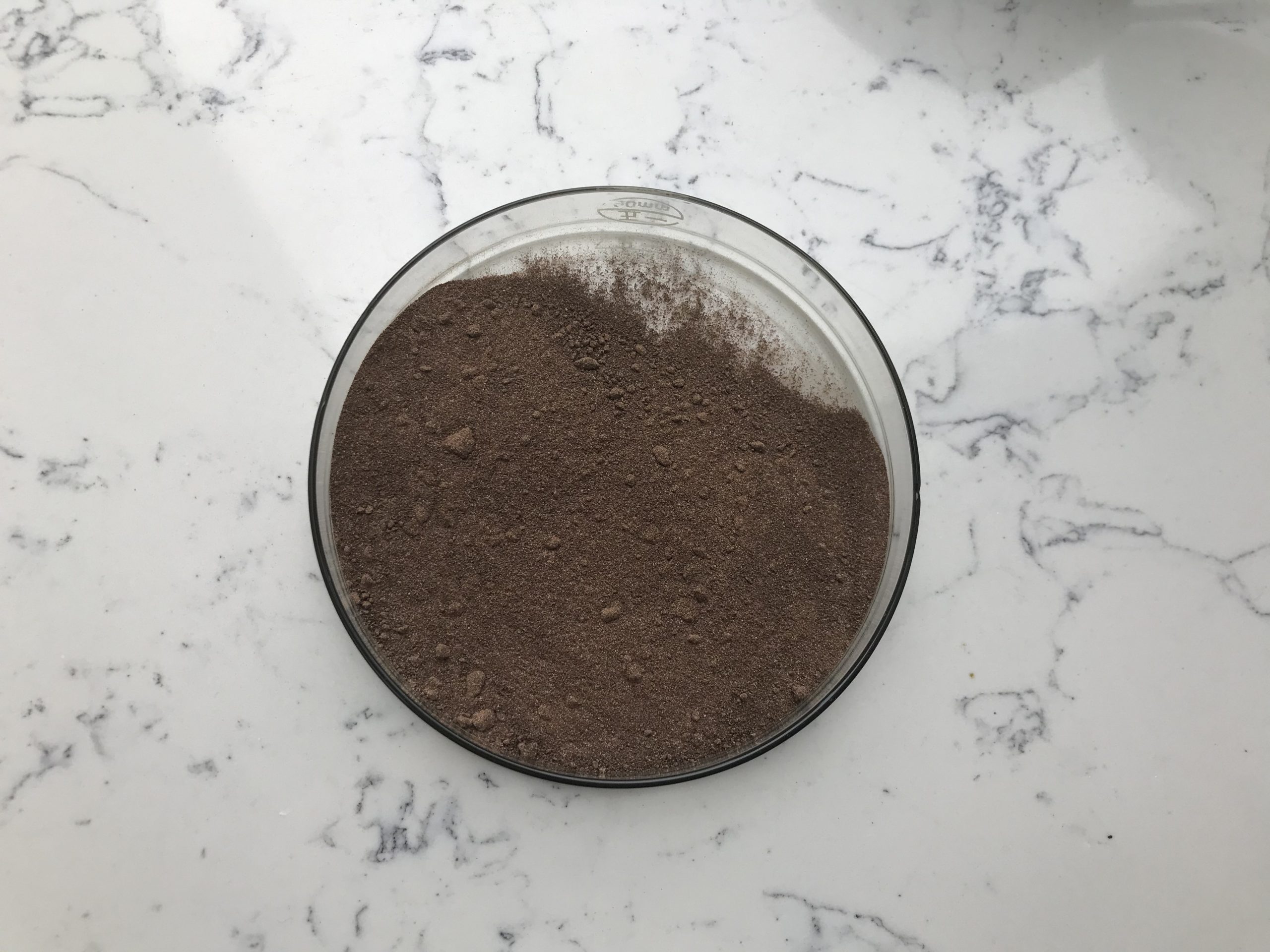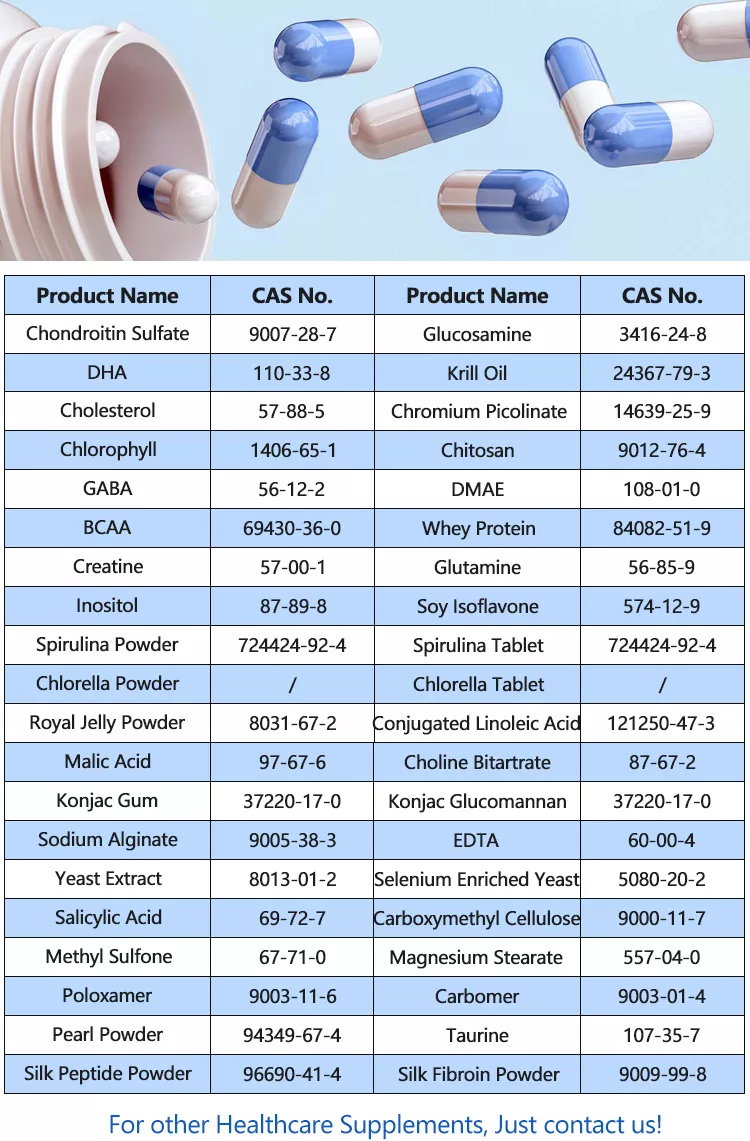Propolis powder is derived from propolis, a resin-like substance collected by bees from tree buds, sap flows, and other botanical sources. It has been traditionally used for its antimicrobial, anti-inflammatory, and antioxidant properties. When processed into a fine powder, propolis retains many of these beneficial compounds and can be utilized in various ways.
Uses of Propolis Powder:
1. Health Supplement:
- Propolis powder is commonly used as a dietary supplement due to its potential immune-boosting properties. It may help fight infections, reduce inflammation, and support general health.
- It can be taken in capsules, mixed into smoothies, or added to water or juice.
2. Skin Care:
- Propolis powder is often included in skin care products because of its antibacterial and healing properties. It is believed to help with acne, eczema, wounds, and other skin conditions.
- You can make a DIY face mask or topical ointment by mixing the powder with other soothing ingredients like honey or aloe vera gel.

3. Oral Health:
- Due to its antibacterial and antifungal properties, propolis powder is sometimes used to support oral hygiene. It may help prevent tooth decay, reduce gum inflammation, and fight oral infections.
- It can be added to toothpaste or mouthwash, or used in a DIY oral rinse.
4. Antioxidant Support:
- Propolis powder contains flavonoids and polyphenols, which are known antioxidants. These compounds may help protect cells from oxidative damage and reduce the risk of chronic diseases.
- Taking propolis powder as a supplement may provide antioxidant benefits to support overall well-being.
5. Respiratory Support:
- Propolis has been traditionally used to help with respiratory issues such as colds, coughs, and bronchitis. Some people take propolis powder to soothe the throat and reduce inflammation in the respiratory system.
6. Wound Healing:
- The antibacterial and anti-inflammatory properties of propolis powder may help speed up the healing of minor cuts, abrasions, and burns.
- It can be mixed with oils like coconut or olive oil and applied to the affected area.
How to Use Propolis Powder:
- Direct Consumption: Mix a small amount of propolis powder (typically 1/4 to 1/2 teaspoon) with water, tea, or juice. You can take it once or twice a day.
- Capsules or Tablets: You can purchase propolis powder in capsule form if you prefer a more convenient method of consumption.
- Topical Use: For skin applications, mix the powder with a liquid like water, honey, or aloe vera gel to create a paste that can be applied to affected areas.

Precautions:
- Allergic Reactions: Some people may be allergic to propolis. If you have a bee allergy, use it with caution.
- Pregnancy and Breastfeeding: There isn’t enough research on the safety of propolis during pregnancy and breastfeeding, so it’s best to consult a healthcare provider before using it.
- Dosage: Always follow the recommended dosage on the product label or consult with a healthcare professional, especially when using propolis as a supplement.
Would you like more information on any specific use of propolis powder?
